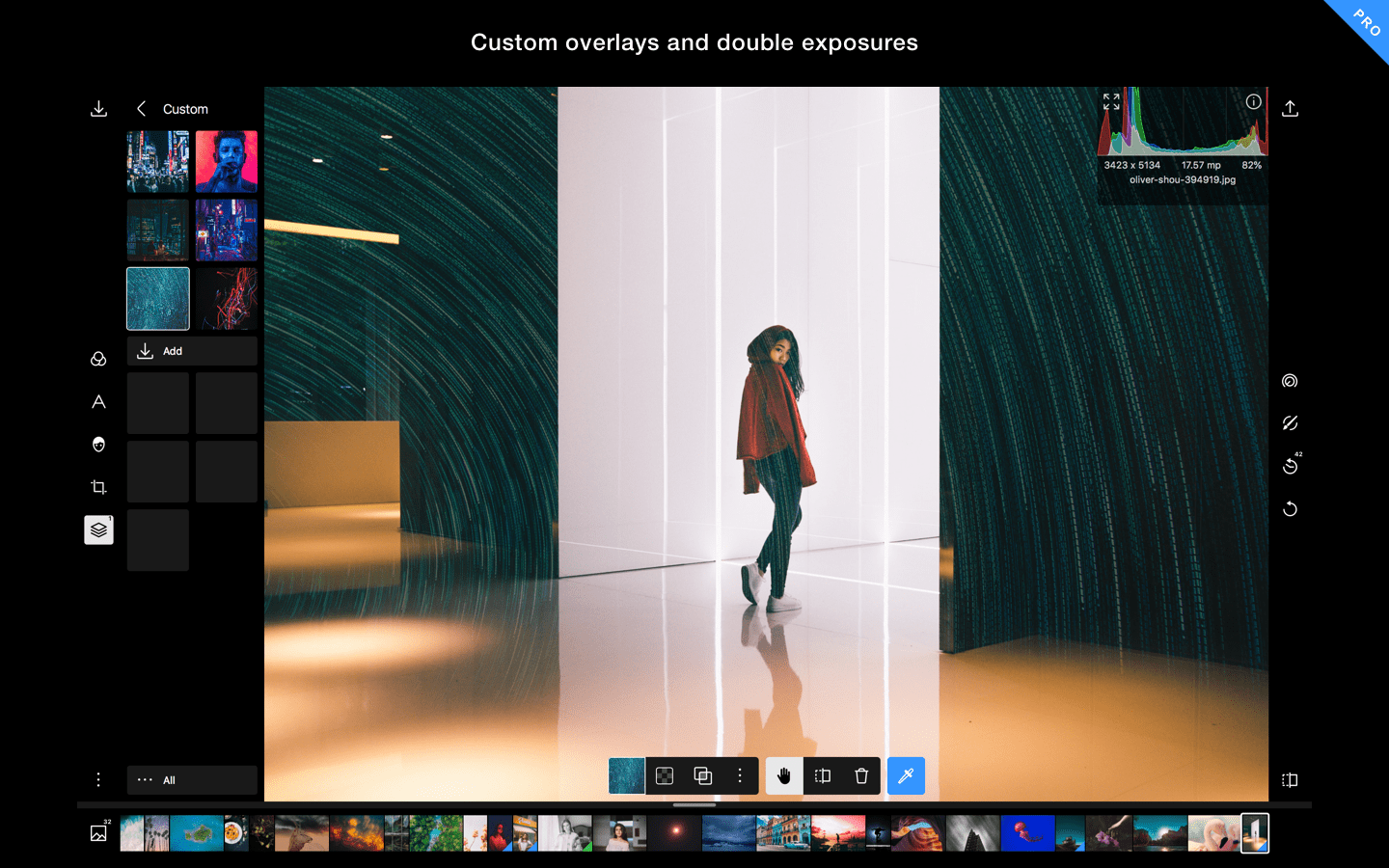Effective version control, cooperation, and efficiency are critical in the fast-paced field of scientific research. Enter GitLab, a powerful platform that is revolutionizing the way scientists collaborate on projects, disseminate their findings, and automate operations. We’ll explore the world of Totally Science GitLab in this post and see how it’s changing the field of collaborative research.
Table of Contents
Building Blocks of Totally Science GitLab
Supports Research Version Control
Git’s version control features have revolutionized the field of software development. Similar to this, version control is crucial in the world of scientific research. Researchers may trace changes, go back to earlier iterations, and easily collaborate on papers, code, and data using the GitLab platform.
The Influence of Cooperation
Teams from several places are frequently split out for research initiatives. It offers a single location where academics can work together in real-time on projects. The platform’s merge request mechanism makes peer review efficient and guarantees the correctness and quality of the work.
How to Use the Features
Repository Management and Creation
The interface for creating and managing repositories on GitLab is user-friendly. Researchers may easily work on many project components at once by organizing their work into branches. Additionally, this branching structure makes it possible to explore without endangering the core project.
Project management and keeping track of issues
GitLab, which incorporates Agile principles, enables researchers to establish goals, generate problems, and monitor the advancement of their projects. Since everyone participating can view the project’s progress and participate in conversations, this feature improves transparency.
Integrating continuously for efficiency
The incorporation of GitLab into CI/CD pipelines (continuous integration/continuous deployment) improves efficiency by automating procedures like testing and deployment. This guarantees that study findings may be turned into useful information more quickly.
Taking Down the Perplexity Bubble
Individualized Workflows
There is no one size fits all when it comes to scientific study. GitLab acknowledges this by providing processes that may be modified. Its capabilities may be customized to suit the demands of individual researchers who can establish their own procedures.
Complexity Management of Data
Research data can be intricate and extensive. GitLab’s powerful data management capabilities enable scientists to effectively handle and share big datasets, encouraging teamwork and data-driven breakthroughs.
Accepting a New Perspective
Openness and Silos Breaking
Due to insufficient sharing and cooperation, research has historically remained compartmentalized. These boundaries are dismantled by its open platform, which promotes multidisciplinary partnerships that result in ground-breaking discoveries.
Considerations for Security and Ethics
Sensitive information is frequently used in research. GitLab’s internal security mechanisms make sure that data is safe and complies with laws and ethical guidelines for scientific research.
The Figurative Bunsen Burner
A Spark for Innovation
The Bunsen burner changed chemical experimentation, and Totally Science GitLab is redefining research collaboration. It offers the tools scholars need to innovate and expand the frontiers of knowledge.
FAQ’s (Frequently Asked Questions)
Q: Do you just recommend GitLab for software development?
No, It is perfect for a variety of sectors, including scientific research, because to its adaptable features. Researchers greatly benefit from its version control, communication tools, and data management features.
Q: Is GitLab appropriate for solitary research projects?
Absolutely! Both lone individuals and groups of researchers can benefit from it. Even when you’re working alone, it makes it easier to monitor changes, manage projects, and encourage cooperation.
Q: How is the security of private research data ensured by GitLab?
To safeguard critical research data, it uses strong security measures, such as data encryption and access limits. It supports researchers in adhering to ethical guidelines and data protection laws.
Q: Is the CI/CD workflow used by GitLab applicable to scientific research?
The CI/CD pipeline is applicable to research, yes. It automates procedures like testing and deployment to make sure that outcomes from research can be turned into useful information more quickly.
Q: Can I combine GitLab with other tools for research?
Numerous integrations are available through GitLab to improve its usefulness. It may be integrated with platforms for data visualization, Jupyter Notebooks, and other research tools to create a complete research environment.

Conclusion
Collaboration and version control are essential in the realm of scientific research. When it comes to giving researchers a platform that not only simplifies operations but also promotes openness and cooperation, Totally Science GitLab stands out as a shining example of innovation. GitLab will continue to have a significant influence on research going ahead, promoting discoveries that will change the world.




